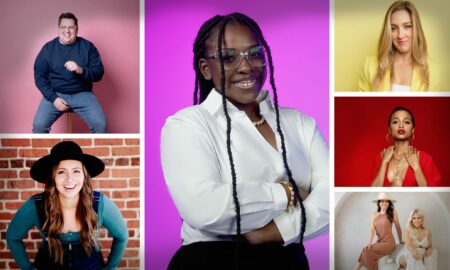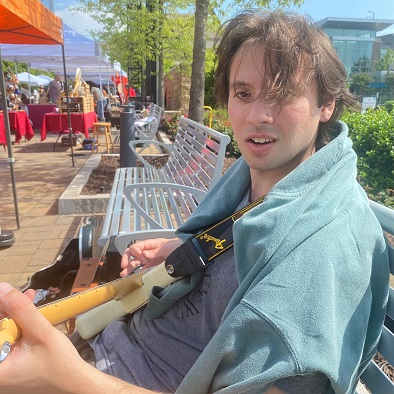

Today we’d like to introduce you to Adam Shavin.
Adam, we appreciate you taking the time to share your story with us today. Where does your story begin?
I got my first guitar when I was seven and took lessons from the time I was eight until about 16. I had a handful of teachers in that time, mostly in the territories of rock, jazz and folk. Guitar was the main constant throughout my childhood and I believe that playing from a young age made it an almost inextricable part of my personality. I guess I didn’t really have a lot of time to develop one without it. Throughout those years, my interests expanded – bass guitar, piano, singing, songwriting. I began performing original songs at open mics at around 16, self-producing music and playing guitar and bass both in school musical productions and summer programs offered at local schools and universities. In a couple of years after that, I got interested classical music, music theory, history and the avant-garde. A lot of that really dominated my thinking around this time. This was also my college years and I went to a music school, which made it very easy to feed these interests and find like-minded people. In college, my interests broadened even more to where I was becoming really drawn to poetry and visual and conceptual art. My big obsession in these years was EPRA, a conceptual art project I was developing involving code, poetry and music. I’m sure many of my friends from that time remember this – I probably never stopped talking about it. I saw it through to a gallery exhibition when I was like 22-23, not long after graduating. Managing to get paid for super esoteric conceptual art felt like a big success to me at the time and it gave me a lot of confidence. I continued to explore the gallery exhibition world and took on some other music composition projects in this time too, but nothing ever felt right. I eventually re-recognized guitar as the best way for me to express myself, and that brings us to about a year ago or so. From there I began bringing my guitar and a loop pedal to the Beltline to play for tips and get in front of people. That led to open mics which led to paid gigs which have now gotten me on the bill for a local festival. I’ve also released a couple of singles in the past month. With that said, street performing is still a major staple of what I do.
Would you say it’s been a smooth road, and if not what are some of the biggest challenges you’ve faced along the way?
Well like I mentioned, there was a period of a few years where I wasn’t really making guitar a priority. I chalk this up to needing time to explore other parts of who I was. But I think what was really behind it was a strange perspective I had developed on my past as a guitarist. I think when you do something from a really young age and you get a lot of positive attention for it and people begin to associate you with it, it can be confusing for a kid in those sensitive, formative years. For me, the biggest challenge was feeling like I wasn’t really expected to develop in areas outside of music, and to some extent associating my failures in other areas with my successes in music. This created resentment that I needed to resolve, and I think the only way to really do it was by allowing myself to be more than a guitarist for a while. I think that was a feeling I was kind of missing for a long time.
Appreciate you sharing that. What else should we know about what you do?
I find that branding myself as a guitarist is very helpful for people to easily wrap their heads around what I have to offer. I’m glad you mention specializing because I think it’s a very powerful strategy that a lot of musicians overlook. I would say as far as my playing, people tend to know me for my expressive, bluesy style. And my loop pedal allows me to perform these layered compositions that people seem to find relaxing as well as stimulating when I improvise my solos. In fact, there’s a heavy degree of improvisation in most of what I play which allows me to keep things fresh and add depth to my live act, and I primarily see myself as a live performer at this point. As far as what I’m most proud of, I’d say it’s the live performances, especially any time I’m able to really be present in the moment when I’m playing. That’s definitely where the magic happens. What sets me apart from others? I’d almost say you’d have to ask others. Probably my drive and the fact that my journey as a guitarist is happening more because it feels like it has to. I don’t think I’ve really made a decision to do this. Feels more like an inevitability.
What matters most to you?
I try really hard to see myself as a person before a musician. It seems obvious, but I’ve struggled with that. One thing that really helps is staying in touch with the importance of authenticity. That allows me to thrive in both areas. I can prioritize my regular human needs and preserve my mental and physical health. On the flip side, this also helps my music come from a more real and natural place. And what’s a great guitarist if not a force of nature?
Contact Info:
- Email: adamshavin@gmail.com
- Instagram: https://www.instagram.com/adamisaacshavin/?hl=en
- Youtube: https://www.youtube.com/channel/UC98MzjEzotW_cVAzcLEpYfw
- Other: https://open.spotify.com/album/50ss8l9OYqk3mWzLegixgm?si=t-7Q649cSJGVDPIii0JdDw&nd=1
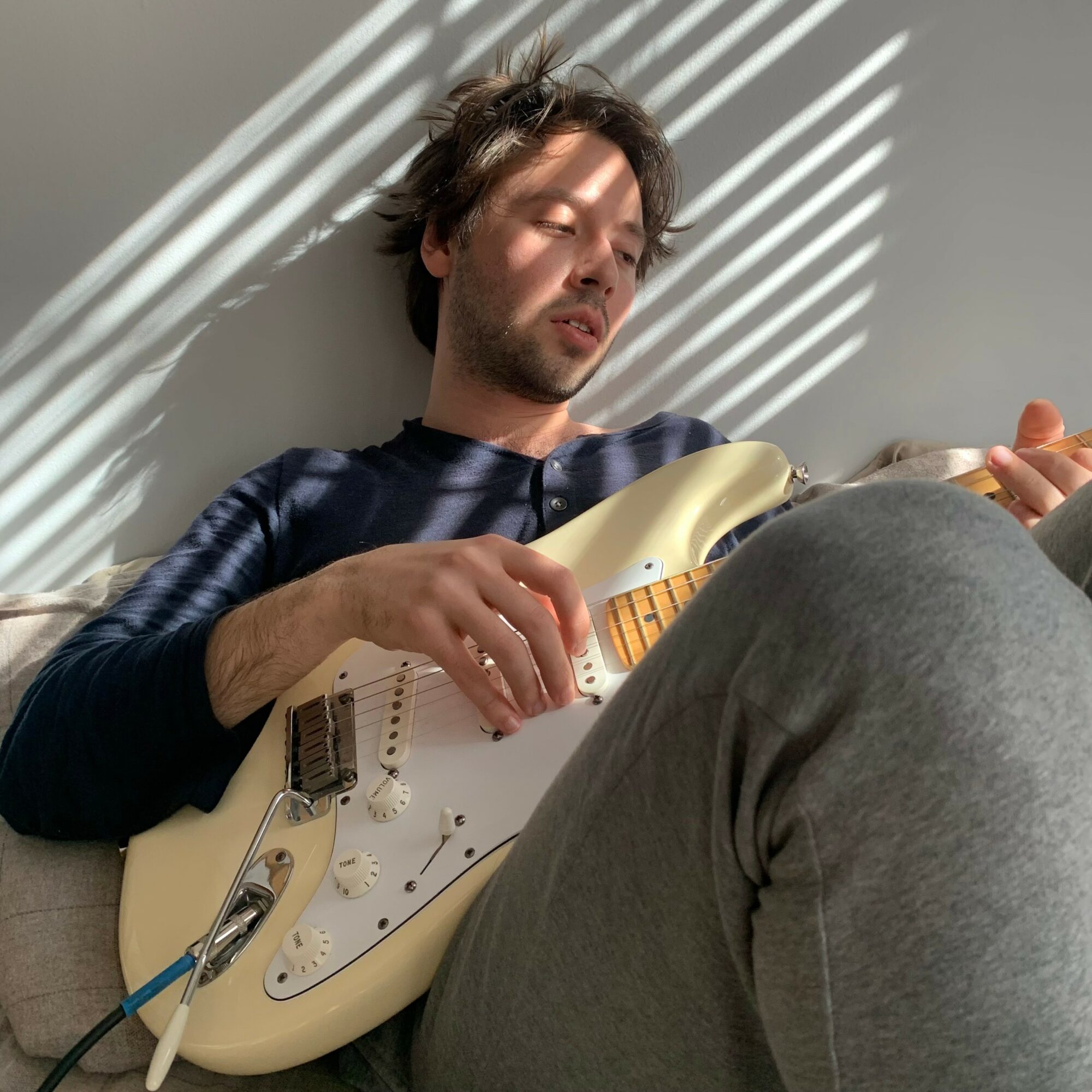
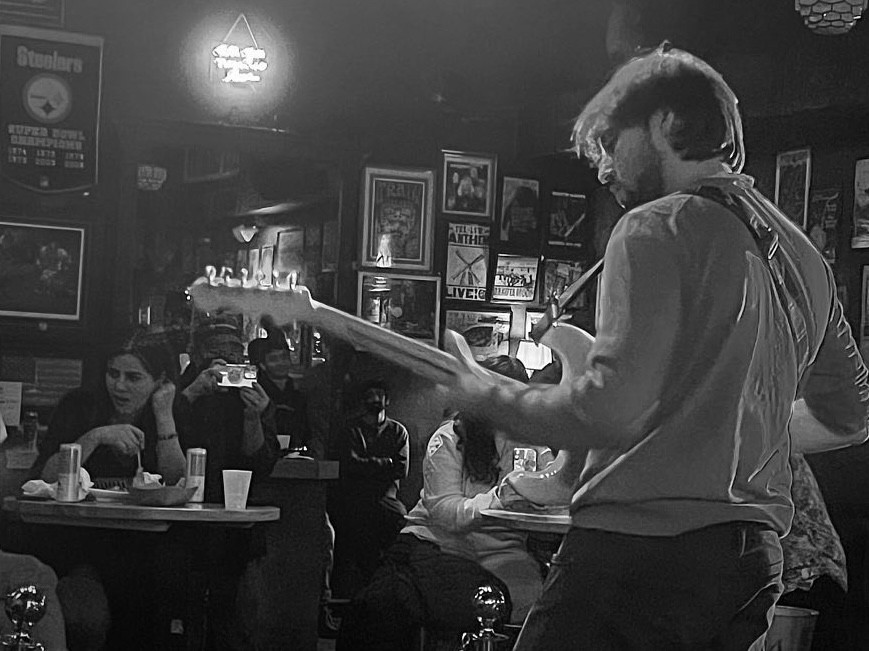
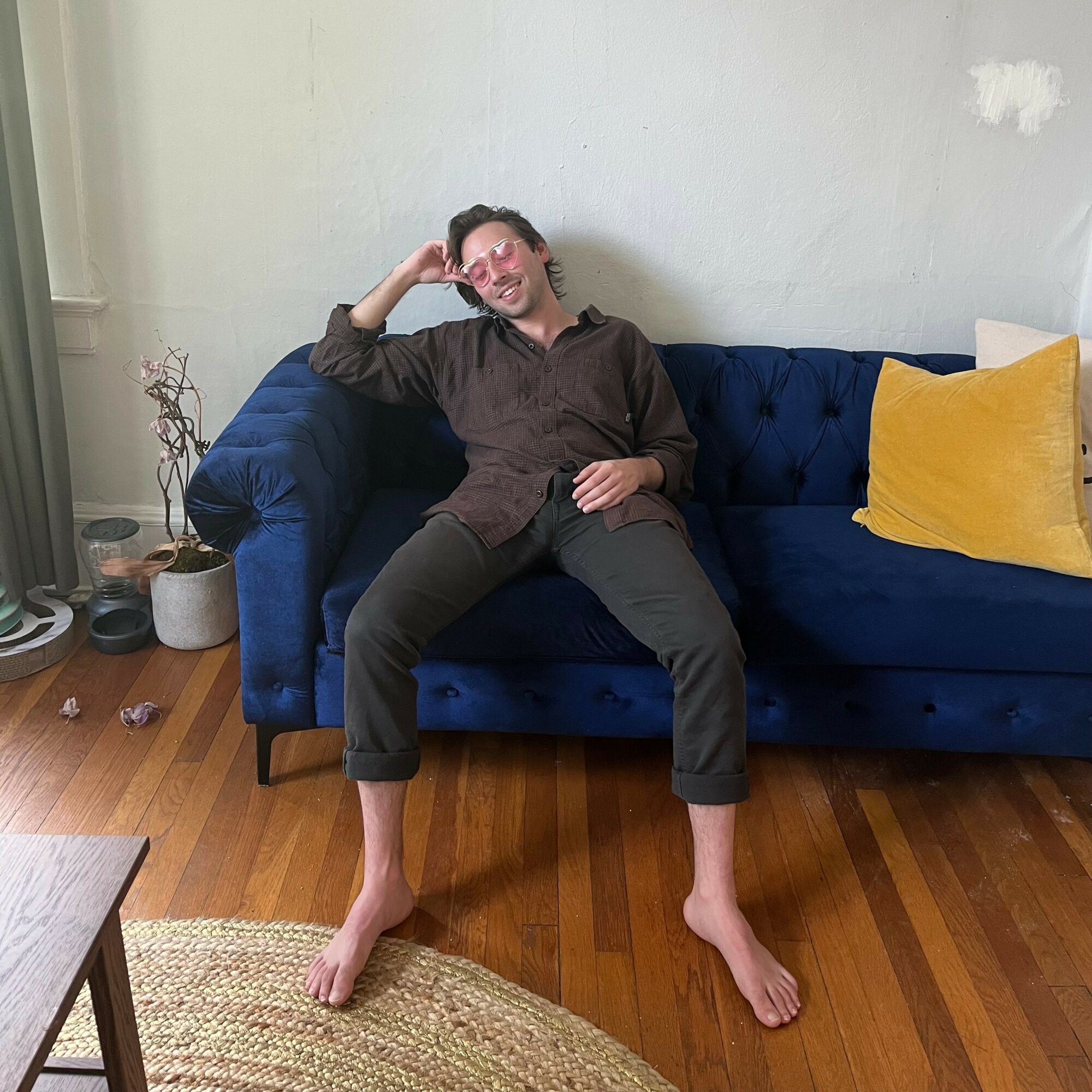
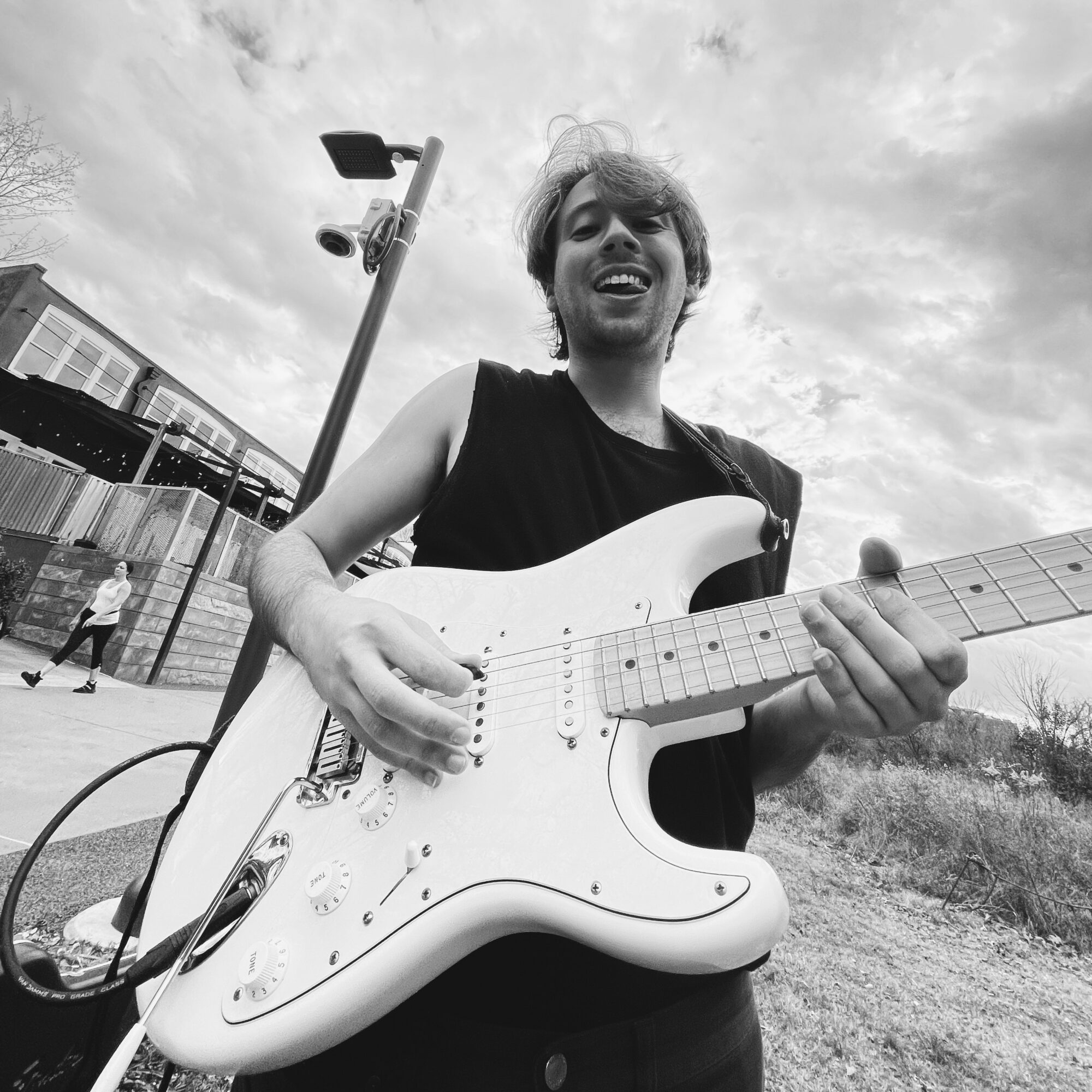
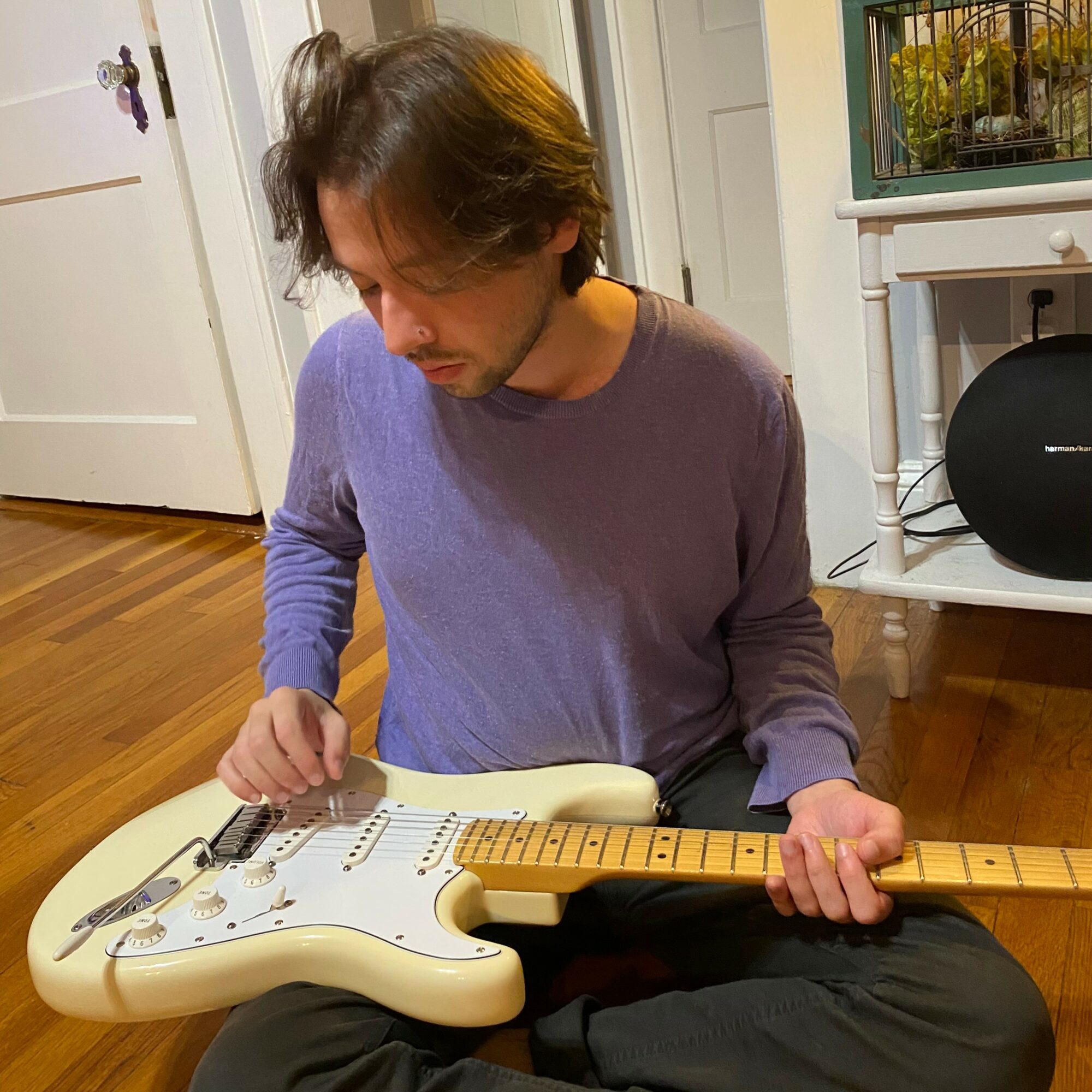

Image Credits:
Katie King Daria Chryssochoos Matthew Gannon Jess Bernstein

